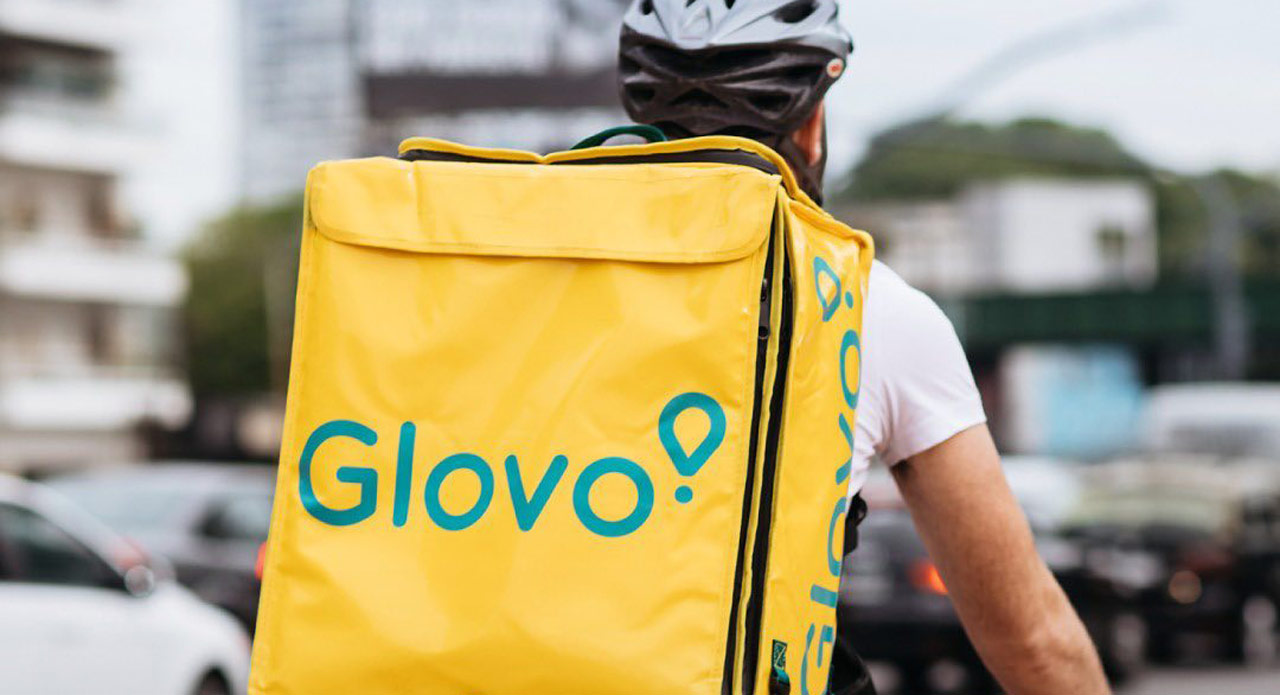
Por Mariana López
September 17, 2020
Contxto – Spanish food delivery platform Glovo is tapping out of many parts in search of profitability, including Latin America.
Yesterday (16), news broke that Berlin-based Delivery Hero bought Glovo’s operations in Latam a deal for up to €230 million (~US$272 million).
As a result, the German company will strengthen its presence in Panama, Costa Rica, Honduras, Guatemala, Argentina, Ecuador, Peru, and the Dominican Republic.
This doesn’t constitute the first time Glovo is pulling out of Latin American markets. It had already withdrawn from Brazil, Chile, Uruguay, and Puerto Rico.
The deal isn’t completely sealed, however. Some regulatory approvals are still pending.
[wd_hustle id=”InArticleOptin” type=”embedded”/]
Food delivery platforms across the region are already engrossed in a tight competition to eat up an industry with slim profit margins.
Consequently, for Glovo, the biggest priority is to focus on its coverage in Eastern and Southern Europe. These “key markets” are its bet for reaching a long-term sustainable business model.
Delivery Hero for its part had already been busy talking to competitors (including Rappi) about possible acquisitions. And considering how saturated the market is growing, it doesn’t come as a surprise.
Moreover this maneuver allows the German company to eliminate a rival in three markets where they’d been previously competing (Panama, Argentina, and the Dominican Republic).
In a segment where two is company, but three is a crowd, it’s likely that Glovo didn’t want to keep facing off with frontrunners Rappi and Uber Eats in Latin America. If anything, Glovo’s exit from these markets further showcases that competition is getting tougher.
So definitely expect other M&As in the near future.
Now factor in that other alternative platforms for food delivery are also arising, and the scene is getting far more diverse.
Though unlike these large-scale marketplaces, they’re more centered on offering restaurants and small businesses solutions that help digitize their offerings.
For example, Chilean Justo offers restaurants a platform to manage their delivery ops. It argues that unlike Uber Eats’s or Rappi’s it won’t charge abusive fees.
Meanwhile, Mexican remotekitchen helps entrepreneurs start up their food delivery business with just a smartphone.
Related articles: Tech and startups from Central America!
-ML

Por Stiven Cartagena
January 12, 2026